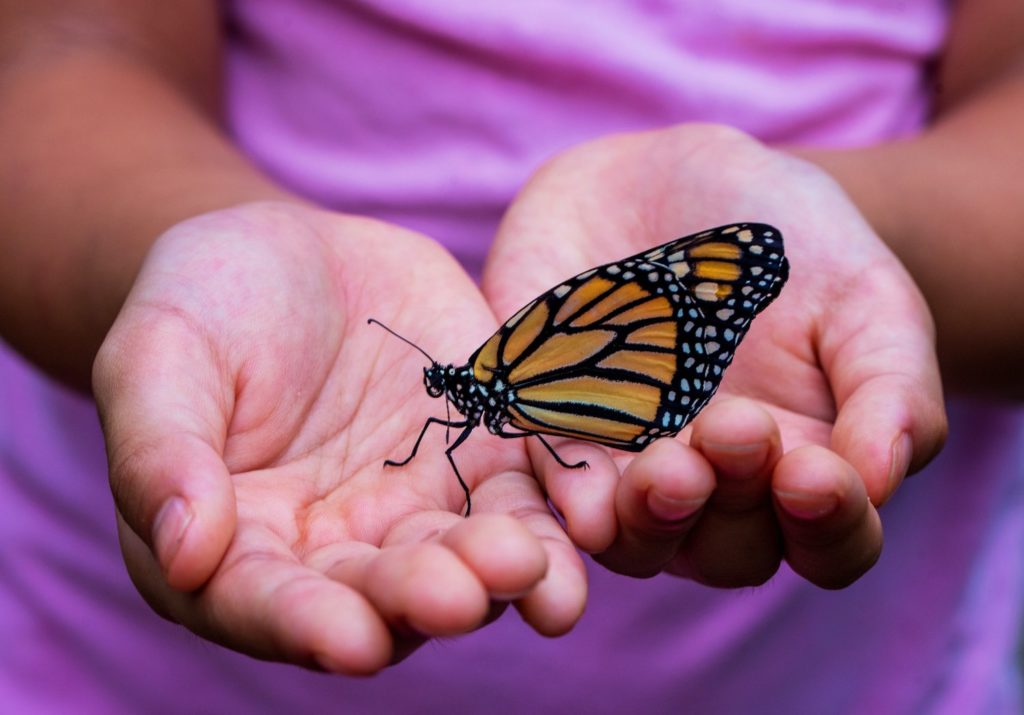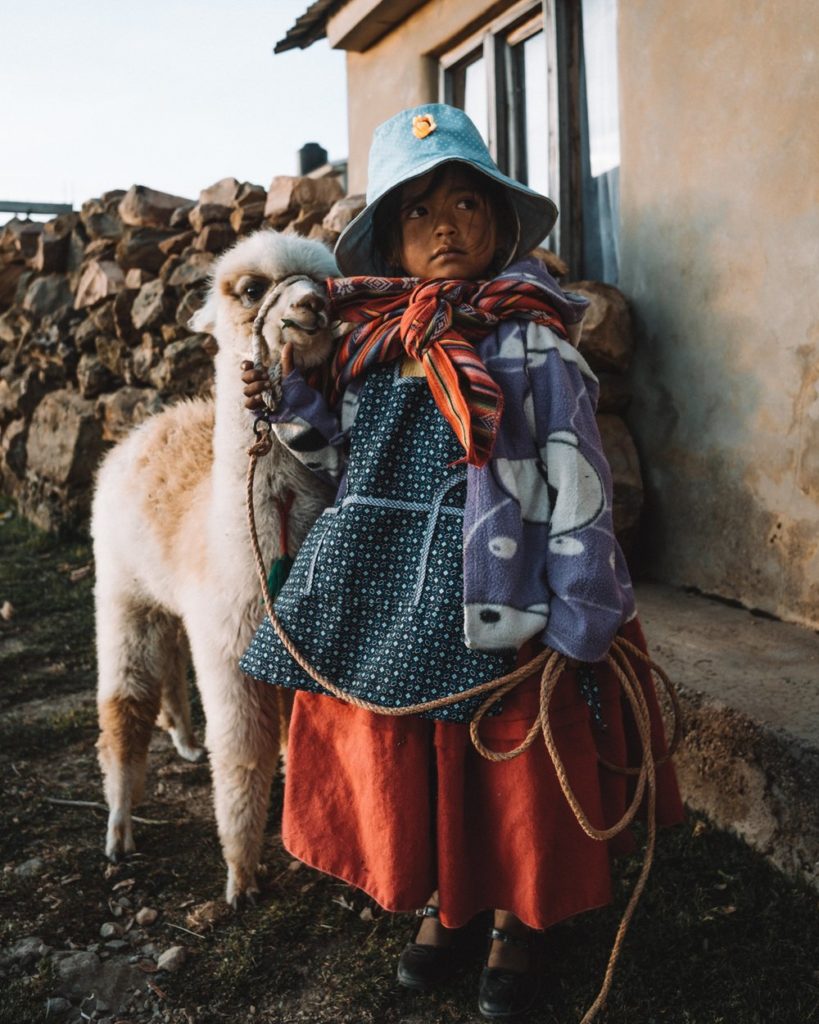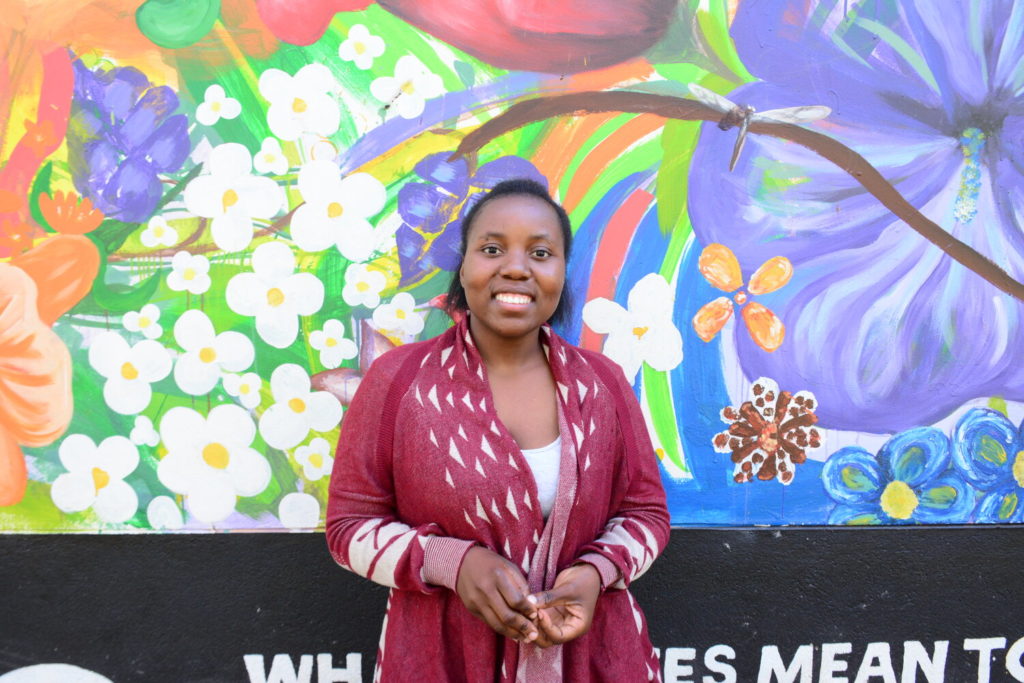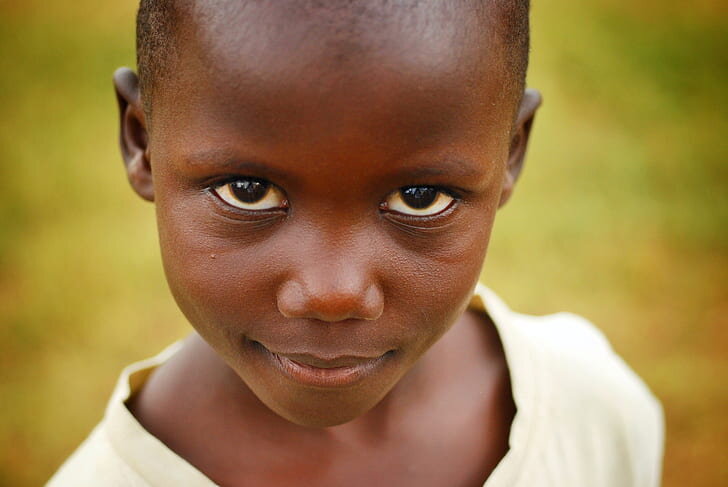CERI advocates for the implementation of the right to a healthy environment through public campaigning and the development of universal standards.
The human right to a clean, healthy and sustainable environment has been recognized in more than 150 countries, and in regional human rights treaties and environmental treaties binding more than 120 States.
The ground-breaking recognition of this right by the Human Rights Council and UN General Assembly in 2021 and 2022 respectively elevated the right to the global level, alongside other universal human rights recognized under international law.
This recognition paves the way for stronger implementation, for example through the enactment of stronger domestic environmental laws and policies, and measures to enhance public participation in environmental matters.
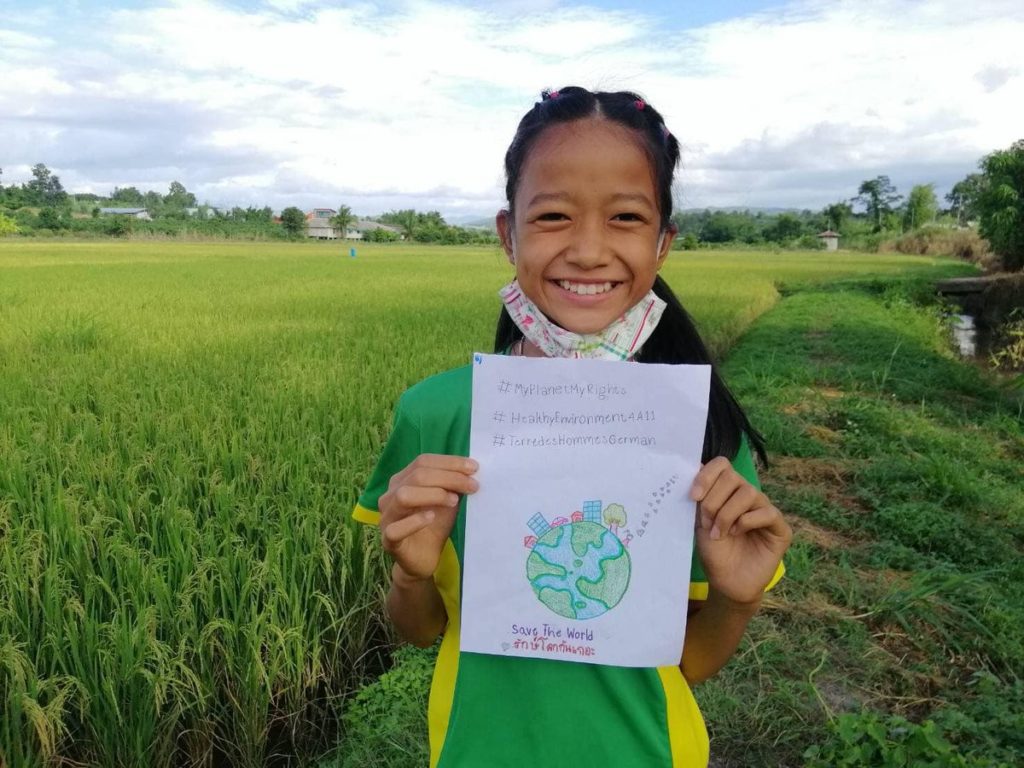
Global Campaign: Recognition of the Right to a Healthy Environment
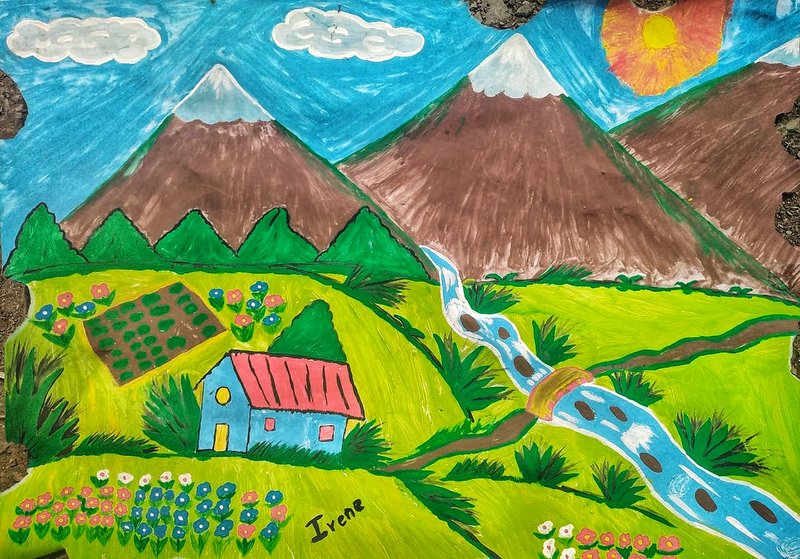
In partnership with the Right to a Healthy Environment Coalition, CERI is mobilizing thousands of children, young people and allies from across the world to advocate for the recognition and implementation of the right to a healthy environment.
This powerful partnership is playing an integral role in the recognition of the right to a healthy environment, including in the UN Human Rights Council and UN General Assembly.
Universal Standards for Children’s Environmental Rights
CERI is working with diverse stakeholders – most importantly, children – to build universal standards for children’s environmental rights. These standards are central to the implementation of and holding governments accountable to children’s right to a healthy environment.

Submissions to the Special Rapporteur on human rights and the environment

The Special Rapporteur on human rights and the environment produced thematic reports on the substantive elements of the human right to a clean, healthy and sustainable environment. Through the My Planet My Rights Online Poll the contributions of over 1,200 children from 102 countries informed these reports including those on clean air, safe and sufficient water, healthy and sustainably produced food, non-toxic environments, healthy ecosystems and biodiversity and a safe, livable climate.
